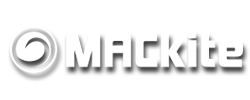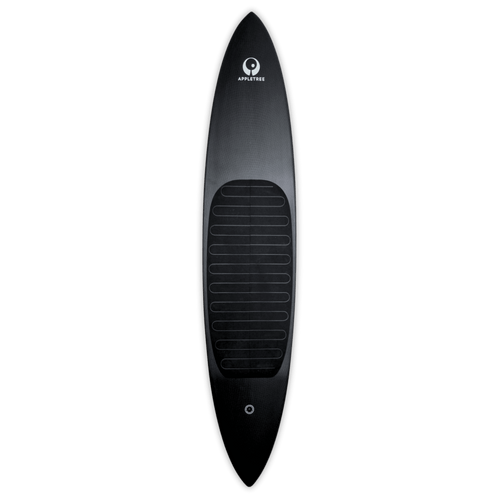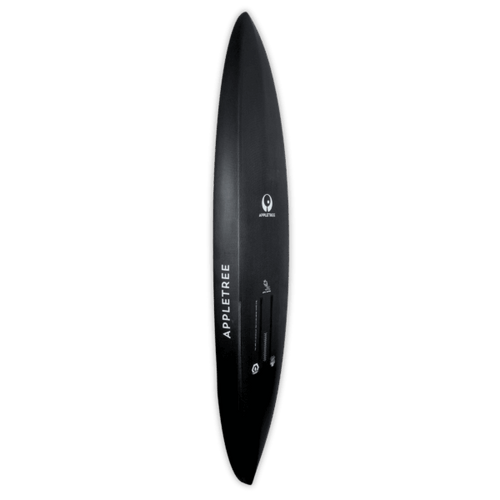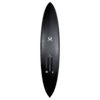Appletree Surfboards
2025 Appletree Skipper DW V2
- Minimum Purchase:
- 1 unit
- Shipping:
- Calculated at Checkout
Description
Refined Design. More Lift. Greater Control.
The Skipper Downwind V2 is a major evolution from its predecessor, carefully reengineered for improved foil control, lift, and efficiency.
The Skipper DW V2 delivers the performance and construction upgrades demanded by progressive downwind foilers. Everything has been fine-tuned for lighter weight, improved control, and maximum glide.
Specs:
| Apple Skipper DW Stock | Width | Thickness | Volume |
| 7’0” | 18.0” | 5’43” | 94L |
| 7’4” | 18.5” | 5’44” | 102L |
| 7’8” | 19.0” | 5’45” | 110L |
| 8’0” | 19.5” | 5’46” | 118L |
Features:
- Dual Rocker Design - At the core of the redesign is a completely updated bottom shape. Version 2 features sharper rail lines and a unique dual-rocker configuration: a curved rail rocker for increased foil angle control, and a straighter, extended centerline that enhances planing and lift. These two rocker lines merge mid-board to create a flatter, more efficient section that makes initiating movement easier. Even before the board touches the water. Compared to Version 1, this results in significantly better pumping and glide performance.
- Sharpened Rails, Freer Tail - The rail profile has also been completely rethought. The new harder rail tracks slightly more but offers a far better release, with cleaner touchpoints, particularly important during touchdowns. The outer rail curve rises more steeply toward the tail, freeing it up and giving the board a more dynamic, responsive feel. A sharper nose rail further improves lift in the front, which allowed us to narrow and lengthen the board without compromising performance. For durability and function, the V2 now comes with rail tape, an additional bottom layer, and a new tapered edge running from the foil box toward the tail. This reduces paddle impact and adds protection where it’s needed most.
- Deck Upgrades for Control & Drainage - The deck design also sees key upgrades. A new “spoiler” shape toward the tail enhances drainage, while the standing zone features a front concave that channels water to the rear exit channels. Internally, the pump zone is reinforced with a hex-skin plate—making this the stiffest deck we’ve ever built.
- Lighter, Stronger Build - Despite using slightly heavier 50K closed-cell foam, we’ve managed to reduce the board’s overall weight significantly by applying a super-light finish. The result is a lighter, more competitive downwind board that sits low over the foil, with extra volume packed in toward the rear—without increasing overall thickness.
Construction:
50K CLOSED CELL FOAM
It all starts with the core and every board we make starts with a foam core of our very own 50K closed cell foam. This foam is formalized exclusively for us, it is not used in any other board in the market.
The foam can withstand 50.000 kg per square meter, while staying very light, and most of all very flexible. Another plus of our 50K foam is that it is closed cell, meaning that the foam will not take in water, and the board will not blow out when it gets hot.
100% CARBON FIBER CONSTRUCTION
All our foil boards are produced in our 100% carbon fiber construction. You want carbon fiber in a foil board for its stiffness and strength. A stiff board will give you the best control and response from the foil. Also stiffness will make pumping the foil much more effective. With carbon fiber we are able to make the board extremely strong while really light at the same time.
The most stress in a foil board is in the connection of the foil to the board. So this is where we put extra care and attention to make it the strongest connection available. The foil mount is CNC cut with the board, for the highest precision. We only use FUTURES oneshot boxes as they are the strongest in the industry. The boxes are placed in a panel of ultra high density PET honeycomb. This PET honeycomb itself is sandwiched in carbon again. Meaning there is carbon fiber both inside the board and outside. The honeycombs open structure ensures a solid connection between inside and outside, fusing everything together into a solid block.
Our lamination is completely different as well. We use a vacuum technique developed in house, where we layer all the carbon fiber, and reinforcements on the board dry. Then we extract all the air from the bag and inject the epoxy resin under pressure. This results in the tightest lamination possible, with the best ration between fiber and epoxy. It also gives 100% connection to the core so the boards do not delaminate. Extra patches under the feet prevent heel denting.
Inserts in our foil range are made from blocks of high density material. And can be customized position wise. These blocks are also fused to the core so they never pull out.











